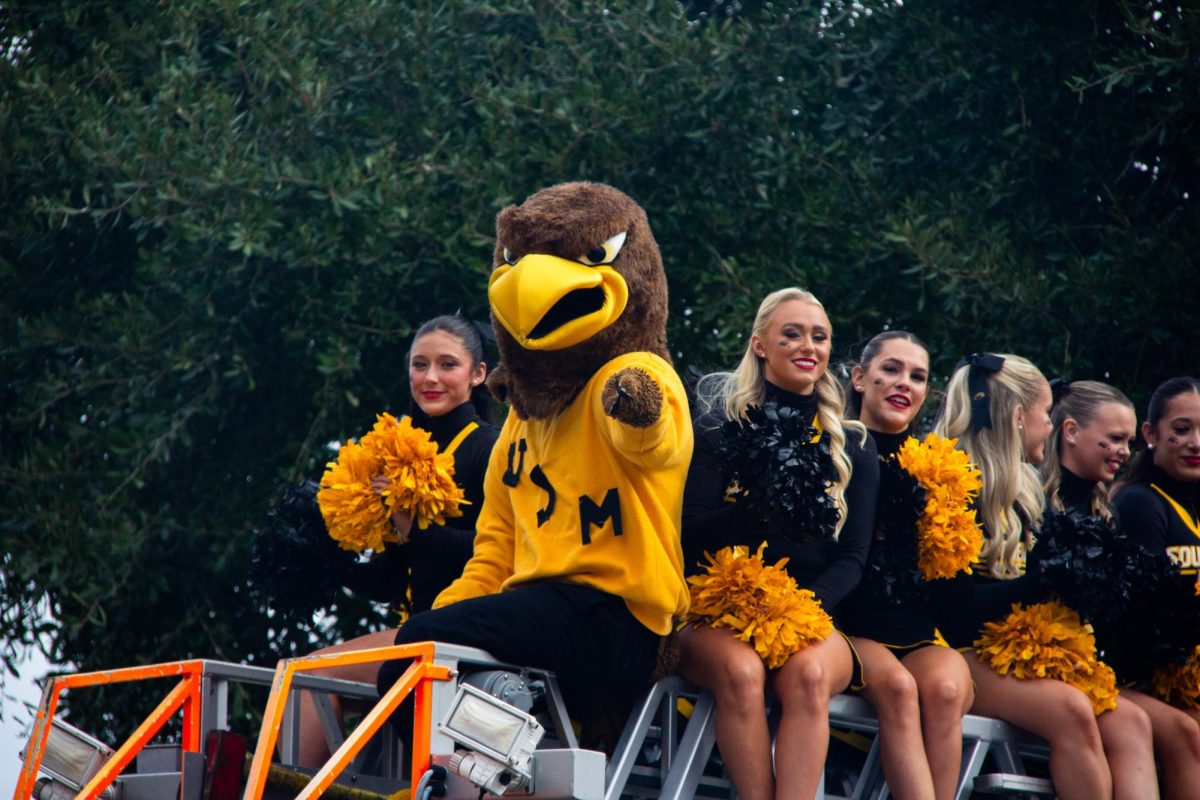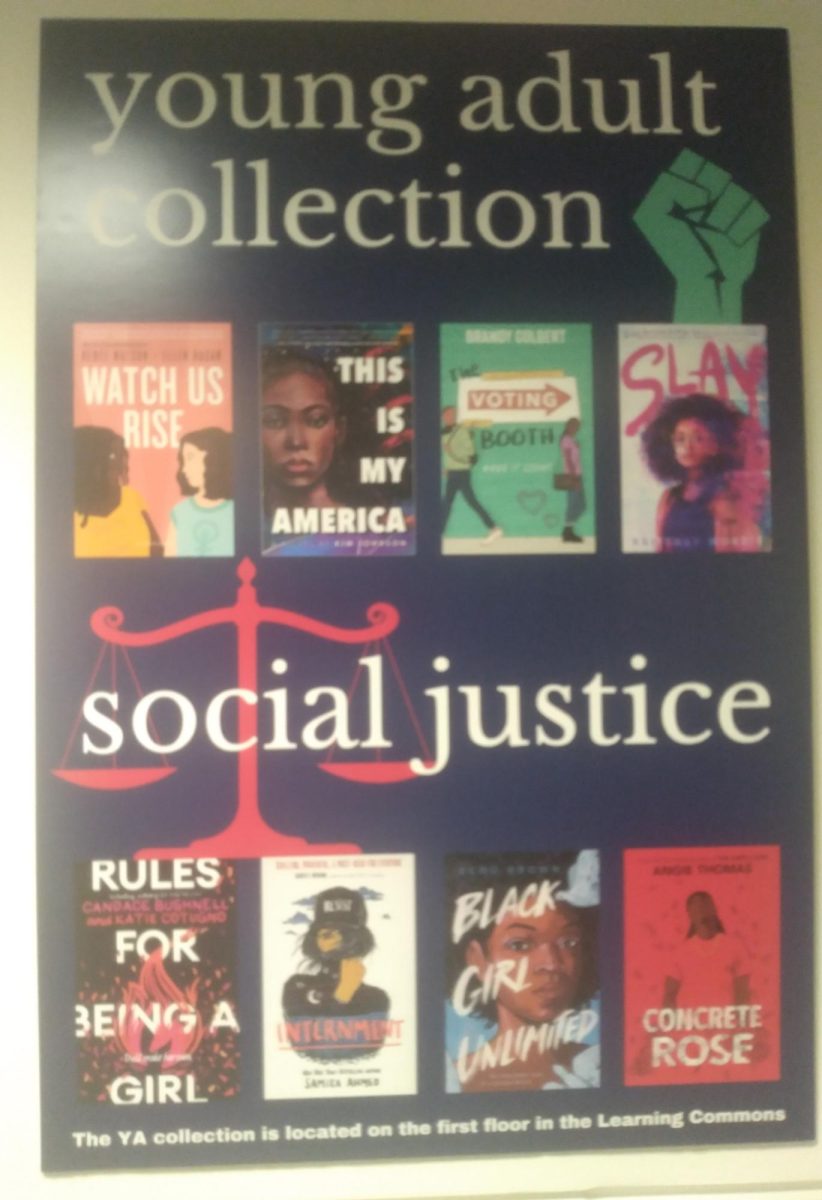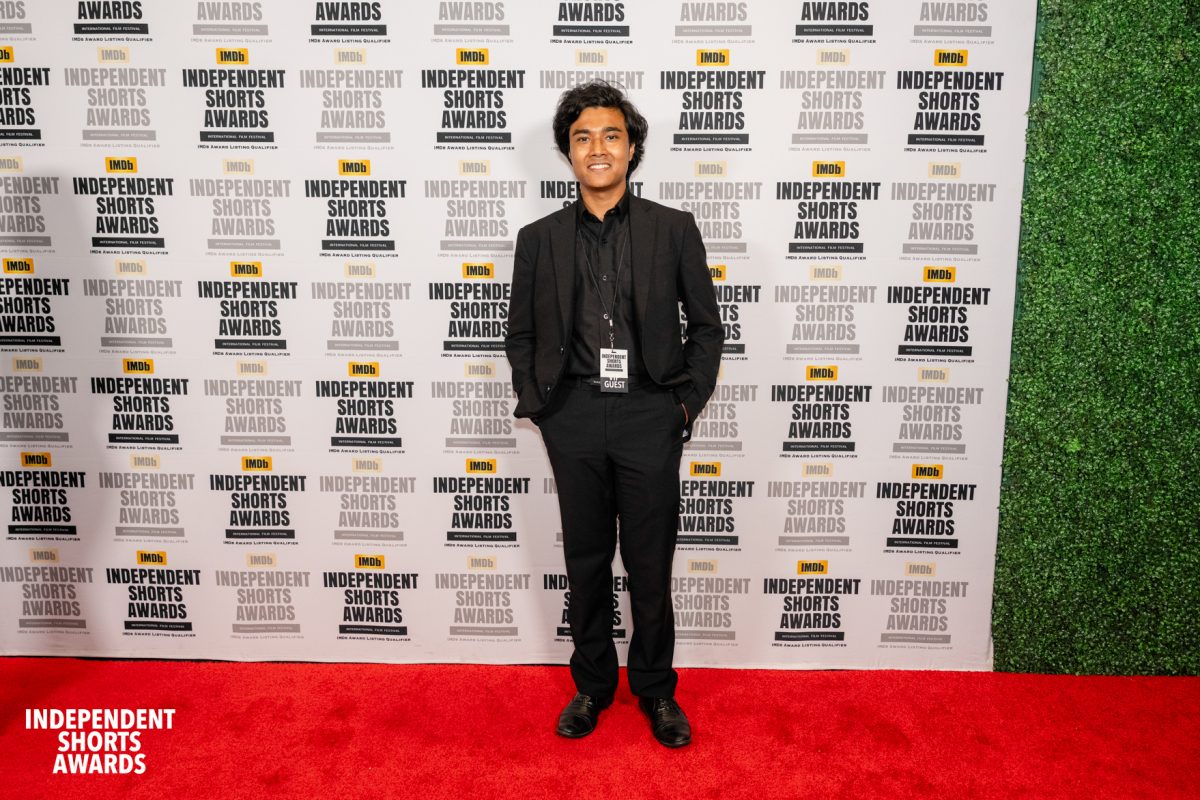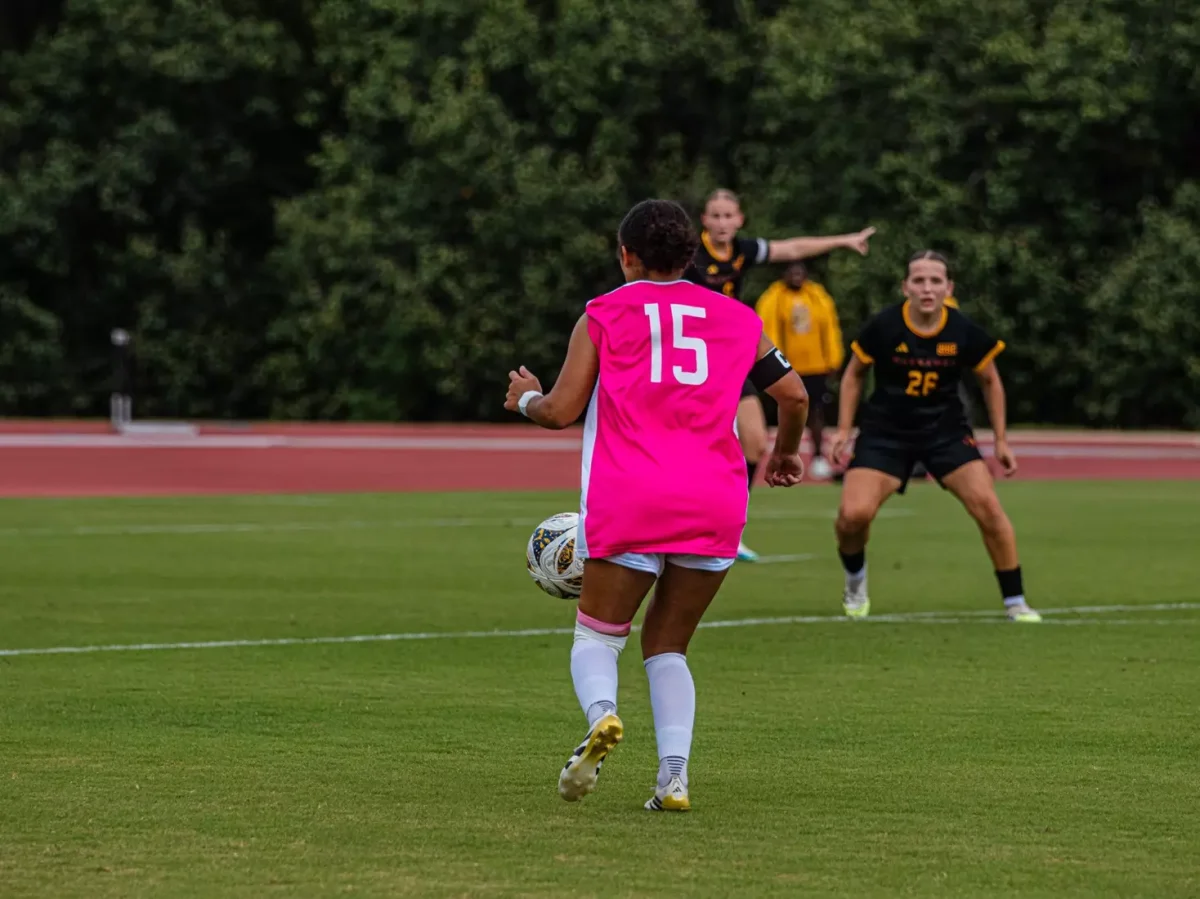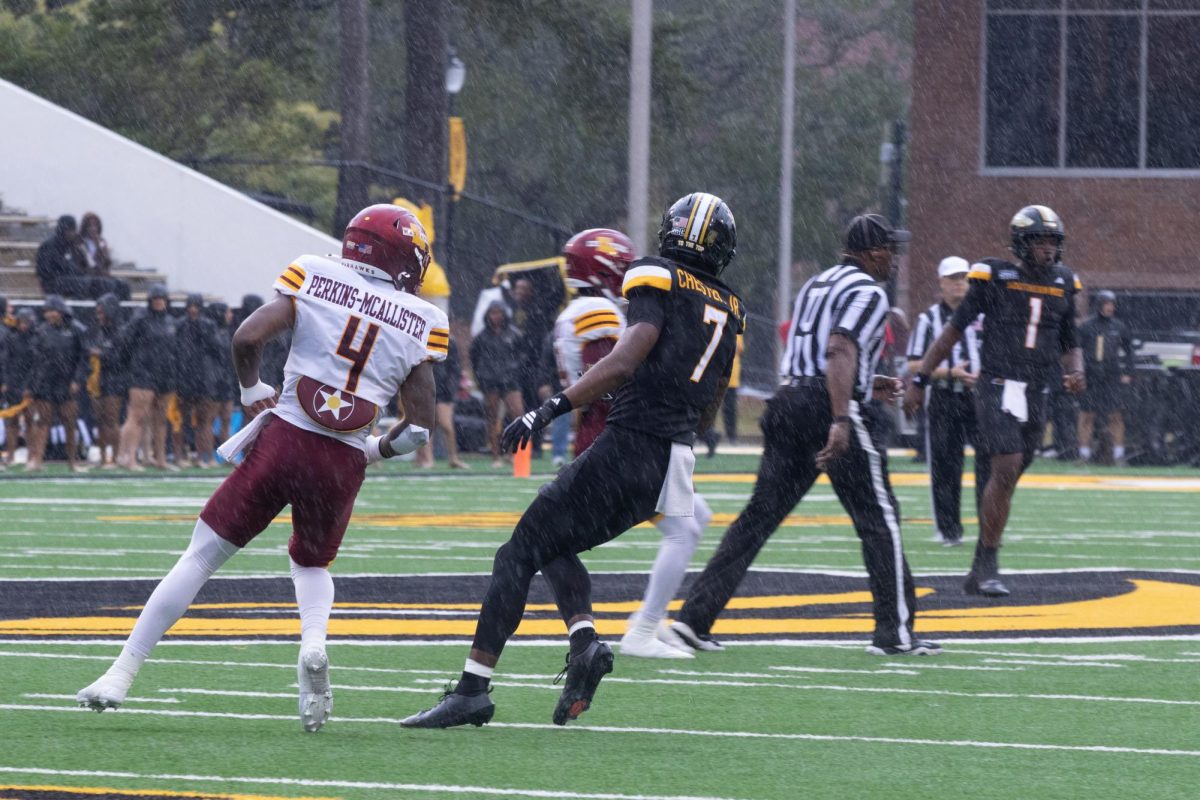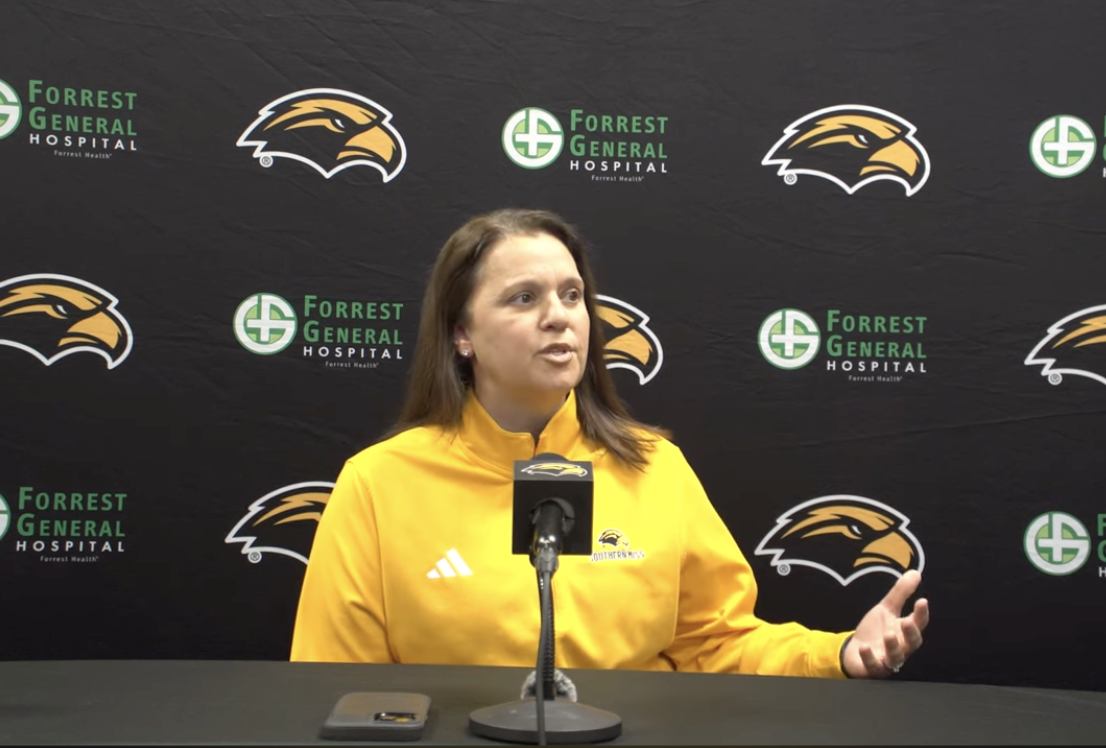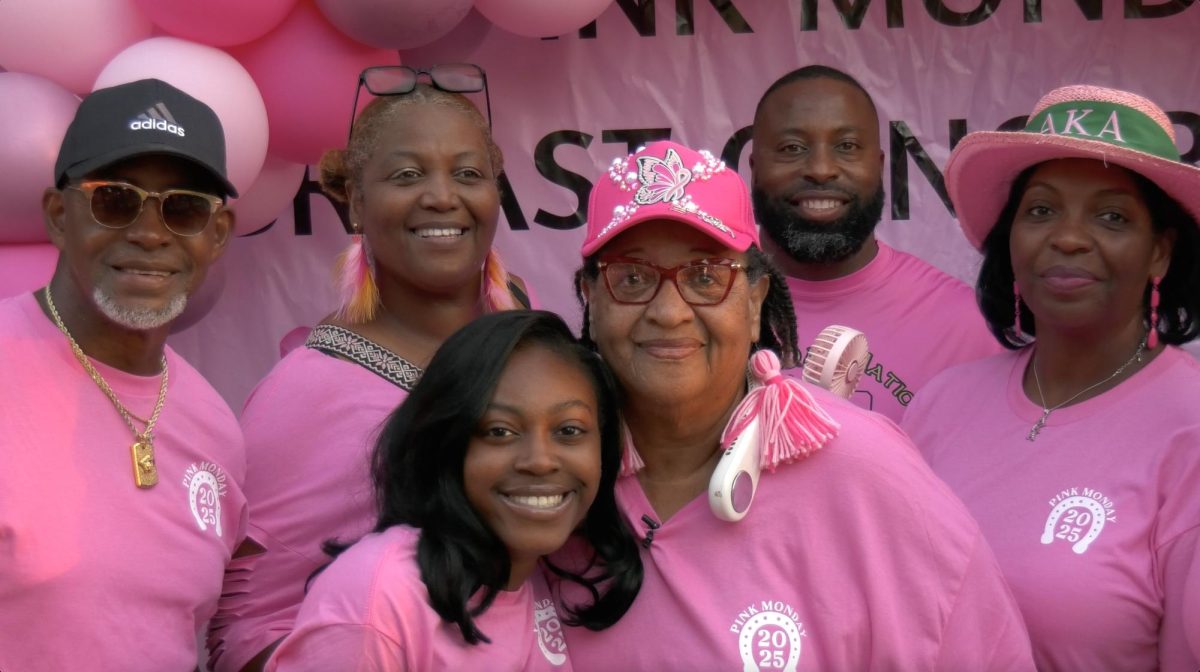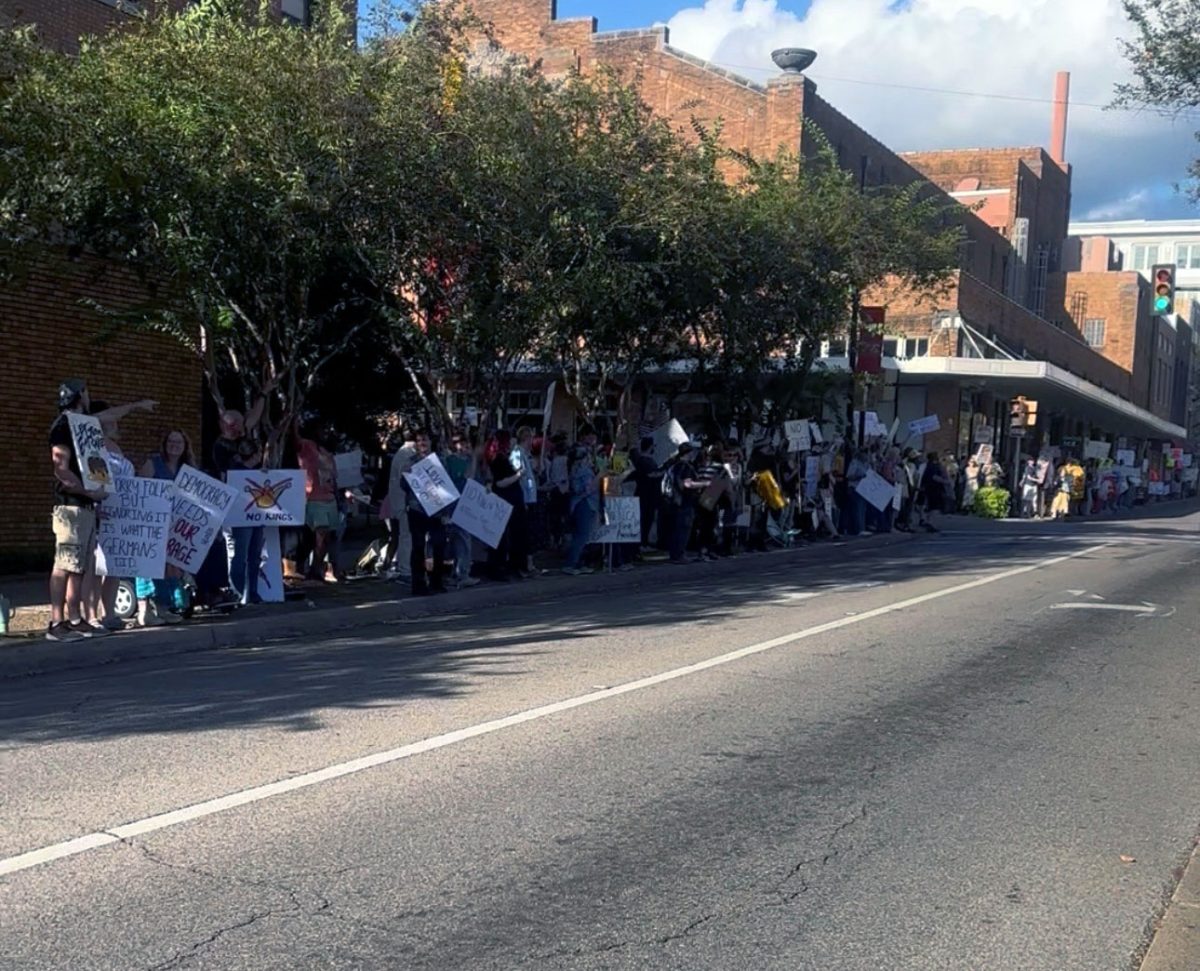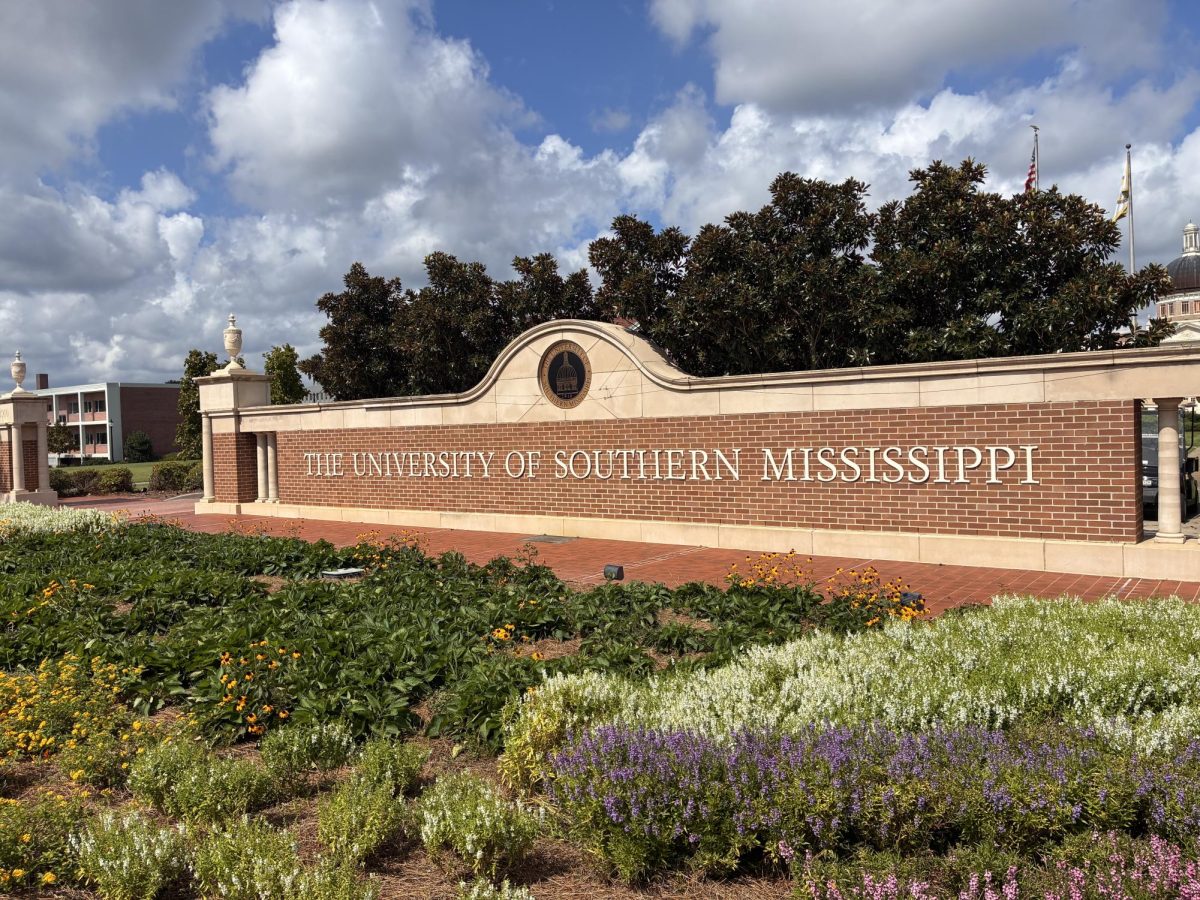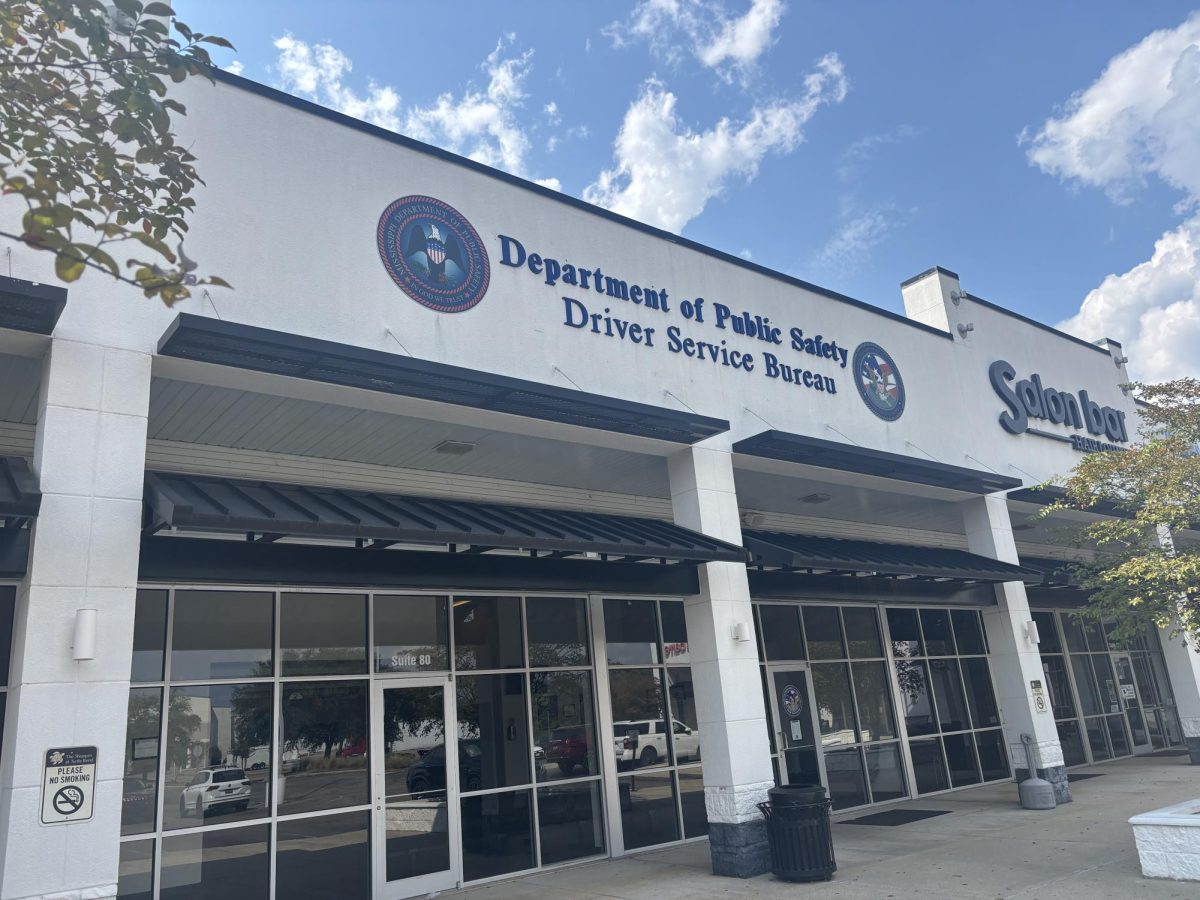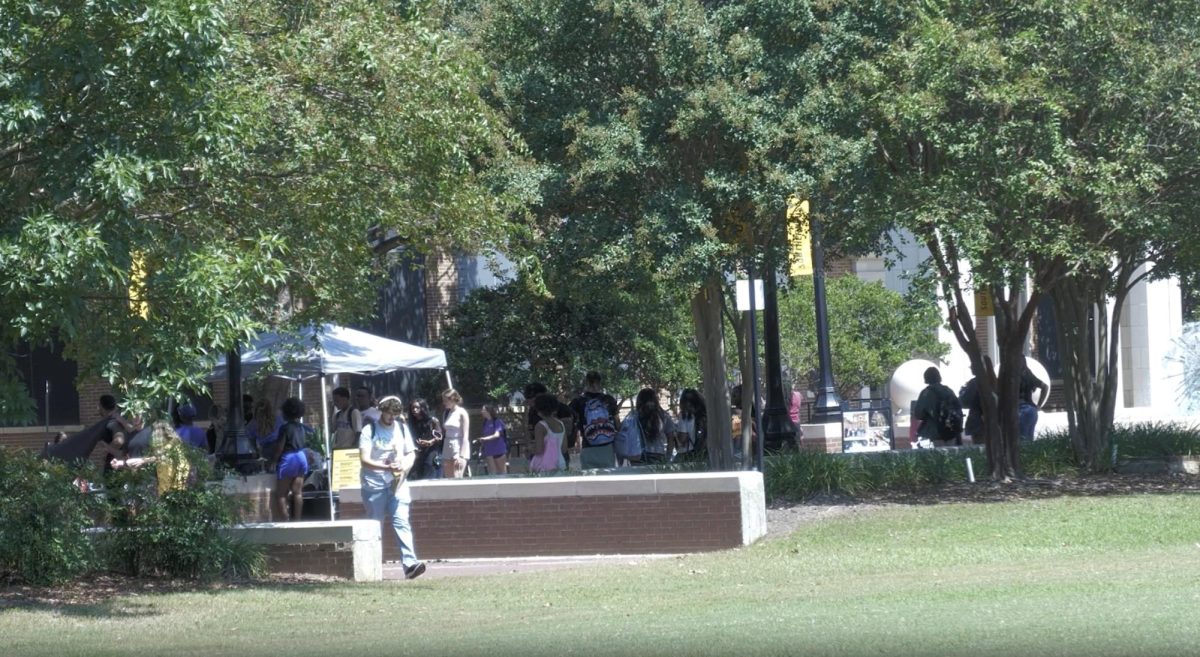When filmmaker Ryan Coogler stepped onto Mississippi soil, he wasn’t just scouting locations; he was tracing the footsteps of his ancestors. His grandparents once called the Magnolia State home, and that personal connection became the heartbeat of his latest film, Sinners.
The movie, directed by Coogler and starring Michael B. Jordan, is set in 1932 Clarksdale during the Jim Crow era. Sinners is a supernatural horror film about vampires, but its heart beats with historical truth. The film uses vampirism as a metaphor for systemic racism and exploitation, offering a fresh lens on Black survival and resistance during an oppressive period in American history.
“I don’t believe in magic, ghosts or demons. Just power,” said Smoke, played by Jordan in Sinners.
While Mississippi may not have a folkloric tradition of vampires or mysticism, Coogler’s creative liberties don’t detract from the story’s authenticity; in fact, they deepen it. His connection to the state is personal, and his lineage inspired a commitment to telling the story right.
“Ryan felt a strong desire to make sure he told the authentic story,” said Nina Pirikh, director of Film Mississippi and a key figure in the movie’s production. “He did his research. He spent time here and tried to get it right. They really did their homework.”
From dusty roads lined with pine trees to porches humming with blues music and layered with magnolia leaves, Mississippi’s cinematic identity is being reimagined. A state often associated with the Confederacy, slavery and the Indian Removal Act is now being reclaimed through film as a place of rich cultural depth and storytelling power.
Cinema, at its core, is storytelling — a powerful tool that can shift perspectives and open minds. For many, it’s a form of escape.
“It’s kind of like a portal to another place,” said Devin Cheatham, a University of Southern Mississippi student and avid film enthusiast. “A realization of imagination of different stories told through other people’s eyes and lives.”
But that portal can sometimes distort reality. When filmmakers stray too far from the truth, the result can be a misrepresentation of Mississippi’s complex history.
“Since it is a form of media, it’s controlled, so they can make money. People tend to crop out the important stuff,” Cheatham added.
Authenticity is often sacrificed for spectacle, and historical accuracy can falter. Mississippi hasn’t always been portrayed with subtlety.
“When we look historically, I would say that no, not necessarily. Historically, Mississippi films aren’t very nuanced,” said Parikh. “Sometimes people from other places don’t do all the homework. They’re just going on their perception of what Mississippi is.”
However, change is underway. Film Mississippi is on a mission to reclaim the narrative, supporting in-state creatives who understand the subtleties of the region’s stories.
“It’s really important to us in our office to make sure that we are supporting our in-state indigenous filmmakers,” Parikh said. “They obviously know the nuances of our stories, so they can tell something that’s as authentic as possible. It doesn’t always have to be that other people tell our stories. We should be able to tell them.”
Despite its rich storytelling potential, Mississippi faces challenges in attracting big-budget productions.
“We’re not getting a $90 million movie. We’re not getting a Marvel movie,” Pirikh said. “Those are going to other places because we’re not set up in a way to facilitate that kind of production at this point.”
Still, the spirit of Mississippi cinema thrives in smaller, locally rooted films. Raven Jackson’s All Dirt Roads Taste of Salt, shot in Vicksburg and Jackson, offers a poetic memoir of a Black woman’s life in Mississippi. Told through a tapestry of flashbacks and present-day scenes, the film captures the melancholic beauty and quiet strength of its setting.
“The way that Mississippi is captured visually is so stunning, so beautiful,” Parikh said. “I think any Mississippian can see that and go, ‘Wow — that’s my Mississippi.’”
Yet many stories remain unheard.
“There are dozens upon dozens of great stories that need to be told,” Parikh said.
While Parikh highlights the abundance of untold Mississippi stories, Cheatham envisions these narratives unfolding through fresh genres, offering new dimensions beyond historical fiction.
“I like the idea of more stories with Mississippi backgrounds, but if they were told in reverse and in different genres instead of historical fiction,” Cheatham said. “I’d like a fantasy or romance aspect.”
Mississippi’s cinematic journey is one of reclamation, resilience and reinvention. Through film, the state is no longer just a backdrop — it becomes a character, a witness and a storyteller in its own right. Filmmakers like Ryan Coogler and Raven Jackson draw from personal roots and cultural truths, challenging outdated portrayals and offering new, authentic visions of the Magnolia State. Mississippi cinema holds promise not just for entertainment, but for cultural restoration and pride.




